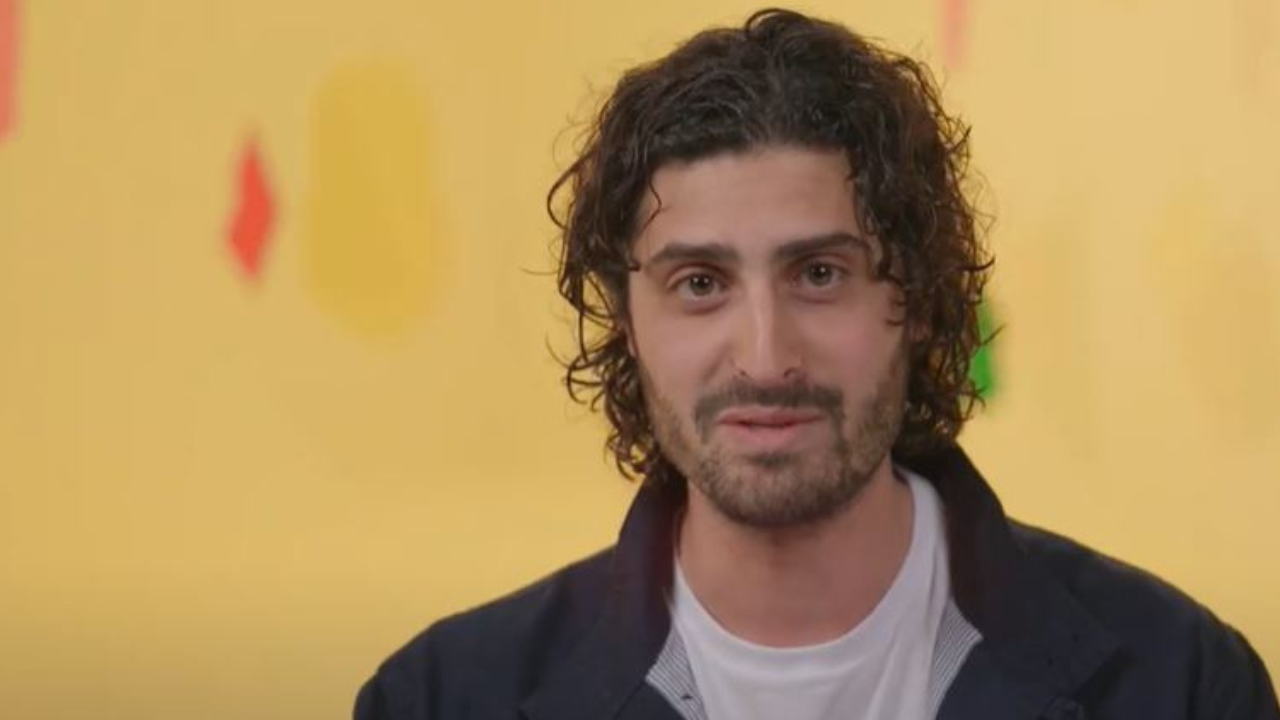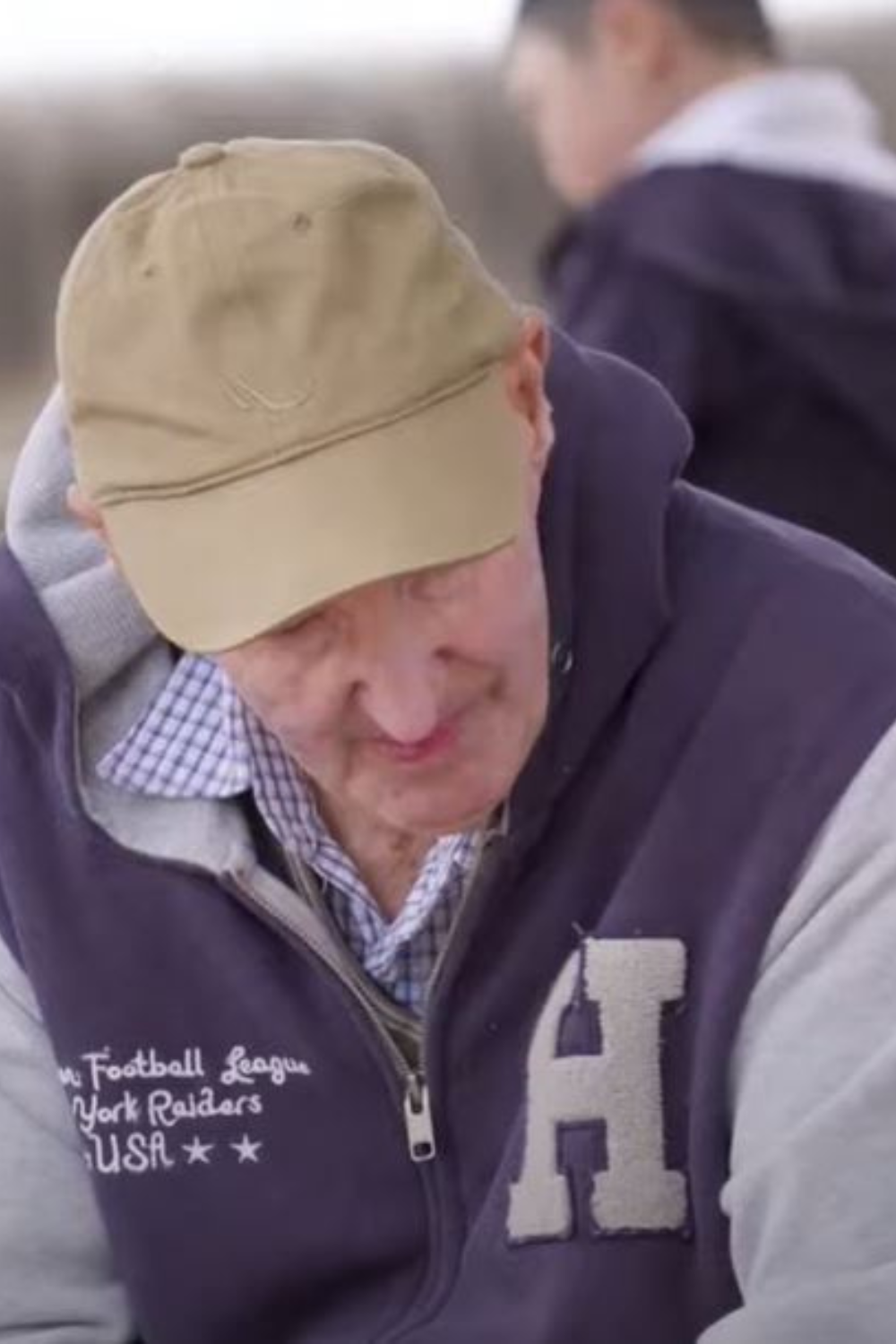On the move to protect mental health and wellbeing
“We can’t just tell people about the benefits. We have to remove barriers and co-develop solutions,” says Simon Rosenbaum, describing Marrickville’s Addi Moves “not gym” for people from refugee and asylum seeker backgrounds, which is extending the mental health benefits of exercise to people without access to regular facilities.
A/Prof Rosenbaum, an academic exercise physiologist and Scientia Associate Professor in the Discipline of Psychiatry and Mental Health at UNSW Sydney, previously worked in Rohingya refugee camps, where he witnessed men bonding and de-stressing through playing organised soccer. Kids played anywhere, but for the women it was harder; they had to get up before dawn to walk together before the regular day started.
A/Prof Rosenbaum has brought these insights back to Sydney, and placed them at the heart of Addi Moves, based at the Addison Road Community Centre and supported by Mindgardens, NSW Health and UNSW Sydney. “We’re starting by focusing on women, given the lack of affordable, culturally and psychologically safe exercise spaces available,” he says. “Exercise shouldn’t be a privilege when our health is a human right.”
Addi Moves is free of charge and responds to a wide range of experiences and needs, including classes for those who have been in Australia for many years as well as more recent arrivals, and for people with vastly different levels of previous exercise experience. Delivered by exercise physiologists working alongside community members, it is providing a blueprint for implementing exercise programs for people from refugee and asylum seeker backgrounds. The aim is to help people incorporate exercise sustainably into their daily lives.
Addi Moves is modelled on the Keeping the Body in Mind (KBIM) Program which promotes accessible exercise for people who experience mental ill health. Professor Jackie Curtis, Mindgardens’ Executive Director, who developed the KBIM program for people living with conditions such as schizophrenia, says physical health challenges are linked to lifestyle factors such as smoking and poorer diet as well as the side-effects of mental health medications.
Addi Moves is one of a suite of Keeping the Body in Mind(gardens) pilot projects that build on KBIM’s foundations and also include smoking cessation, vaccination and GP care interventions. Through each project, patient outcomes are quickly translated into research evidence that demonstrates how to deliver effective physical health support for people with severe mental health issues.
Brings together the strengths of four founding organisations












